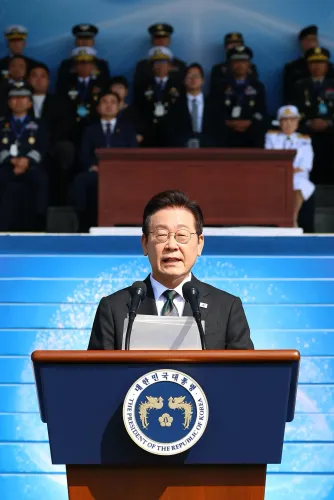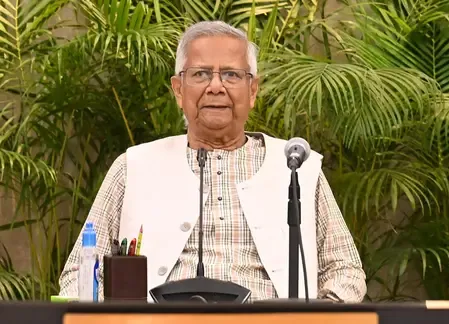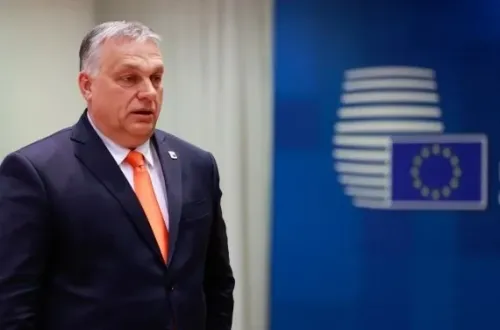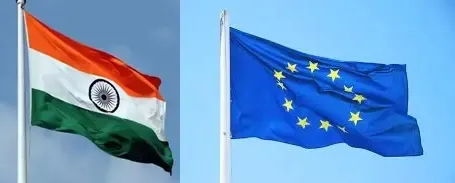Why Did Iran Reject the Reinstatement of UNSC Sanction Resolutions?
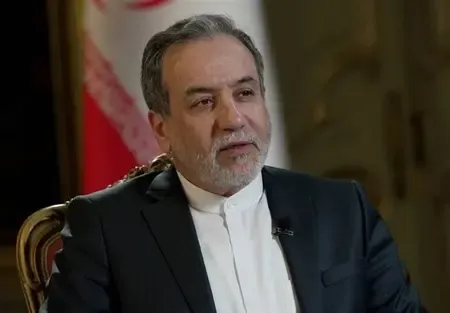
Synopsis
Key Takeaways
- Iran considers the UNSC sanctions reinstatement illegal.
- Tehran emphasizes its commitment to defending its national interests.
- The snapback mechanism is viewed as an abuse of process by Iran.
- Continued sanctions could strain international diplomatic relations.
- The situation is evolving and requires close monitoring.
Tehran, Sep 28 (NationPress) The Foreign Ministry of Iran declared on Sunday that it deems the actions taken by France, Britain, and Germany, collectively referred to as the E3, along with the United States, to reactivate the United Nations Security Council (UNSC) sanction resolutions against Iran as "illegal and unjustified".
The ministry released this statement shortly after UN sanctions against Iran were reinstated a decade after being lifted under the 2015 nuclear agreement, formally known as the Joint Comprehensive Plan of Action (JCPOA), involving Iran and global powers, as reported by Xinhua News Agency.
Iran firmly rejects the assertions from the three European nations and the United States regarding the reinstatement of prior resolutions that were nullified under Resolution 2231 (which endorses the JCPOA) in 2015. It emphasized that no obligations arise for UN members, including Iran, from the provisions and mechanisms of these annulled resolutions.
The statement urged all nations to avoid acknowledging the "illegal situation" that contradicts UNSC Resolution 2231, accusing the E3 and the US of "misusing" the dispute resolution mechanism of the JCPOA and Resolution 2231.
According to the ministry, Iran will staunchly defend its rights and national interests, asserting that any actions aimed at undermining these interests "will be met with an appropriate and resolute response".
In a letter to UN Secretary-General Antonio Guterres on Saturday, Iran's Foreign Minister Seyed Abbas Araghchi characterized the invocation of the "snapback" mechanism to restore UN sanctions as a "clear abuse of process".
Last month, the E3 officially triggered the snapback mechanism, which allows for the re-imposition of UN sanctions within 30 days if Iran is found to be in violation of the JCPOA.
On September 19, the UNSC did not adopt a resolution that would have prolonged sanctions relief for Iran under the JCPOA. A follow-up resolution, aimed at extending both the JCPOA and Resolution 2231 for six months, also failed to be approved in the UNSC on Friday. The sanctions were re-imposed on Saturday evening.

